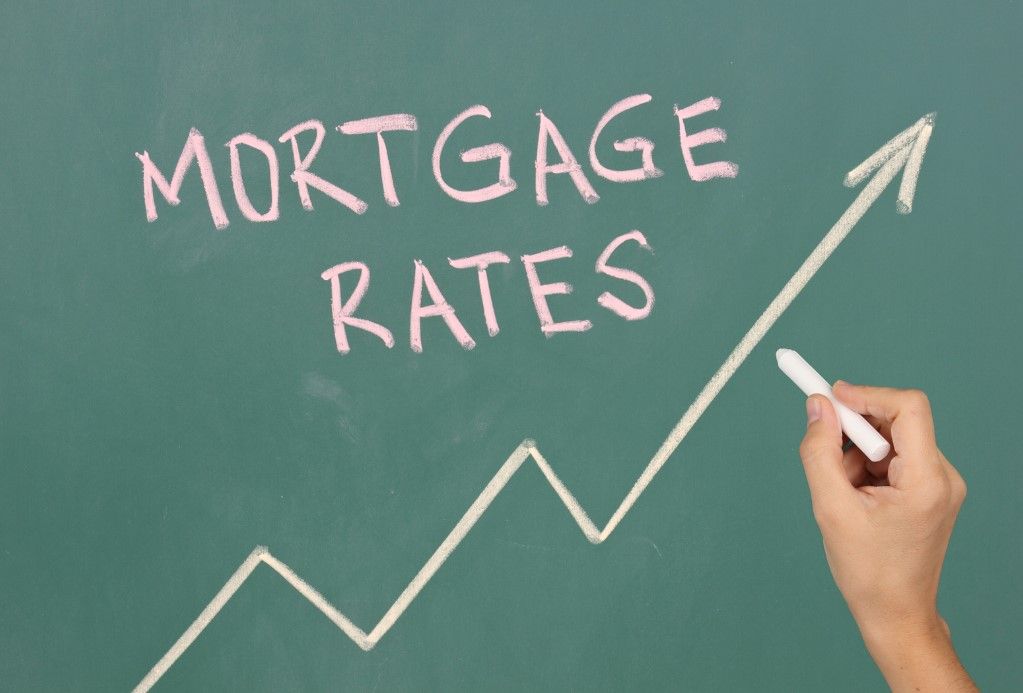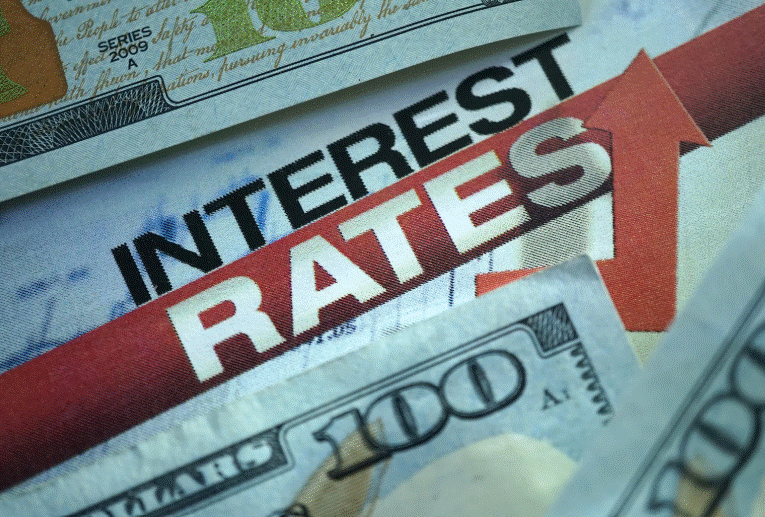Many players are involved with a home purchase or refinance. The realtor, of course, comes first to mind followed closely by a home inspector, an appraiser, an attorney, a title agent and a county clerk. That's not even an exhaustive list. Yet none of these professionals will be put to work unless financing is in place. The money is the hub around which all of these spokes revolve. It follows that interest rates play a significant role as to whether financing the home value is affordable. If they are too high, the real estate market is in for trouble.
Where Do Rates Come From?
What really determines how high or low rates go? Are there immutable laws of finance that make such a determination? Or is it more a matter of the impulsive judgments of politicians? In reality, economics and politics both play a role, but not exclusively. Central banks serve their respective nation-states by maintaining an optimal money supply -- neither too much (inflation) nor too little (deflation). To that end, the U.S. Federal Reserve Board manipulates the interest rates to remain in the sweet spot whereby individuals and businesses can borrow affordably while banks can lend profitably.
Through its Open Market Committee, the "Fed" will augment or diminish the overall money supply by lowering or raising short-term rates respectively. The federal funds rate is that at which banks lend to each other. The prime rate, on the other hand, is the rate at which lend to their most creditworthy and reliable customers. Long-term rates are more subject to the laws of supply and demand for U.S. Treasury notes -- low demand equals high rates and vice versa. While local banks can tweak the rates they offer for home loans, this relationship is the primary mover.
What Does This Mean for the Remainder of 2022?
According to numbers out of Freddie Mac, a government-backed mortgage investor, rates have inched slightly downward the past week however they remain higher than last year, currently at 5.09 percent for a 30 year fixed rate and 4.32 percent for a 15 year fixed. Mortgage rates for investment properties are also increasing. The Fed's relatively recent announced intention to hike the federal funds rate suggests momentum toward further loan rate increases. Its additional aim to curtail purchases of Treasury notes will only bolster that escalation. Hanging over these Federal Reserve objectives is an inflation rate that has not been matched for 40 years. Remember, that the Fed utilized higher rates to battle inflation. Thus, major indicators point to climbing rates for home loans.
Those who examine the market for a living prophesy that the cost of borrowed cash will range from 4.8% to 7.0% by December of 2022, according to a recent Themortgagereports.com survey. There is a possibility -- positive for rates, not humanity -- that an uptick in COVID-19 transmissions could pour cold water on the national economy, slowing its expansion thereby hindering the ascending trajectory of interest rates. Other longtime observers, who recall double-digit home loan rates, do not dread five to seven percent in any event. Still, rates are not the only factor that makes a loan cost prohibitive. Closing costs can amount to five percent of a refinance, for example.
In Summary
Those considering financing a property should understand that Federal Reserve announcements and actions point to rising interest rates. As borrowing becomes expensive, they must evaluate whether their financial position can absorb the additional cost. Higher home value and loan amounts mean more money paid out toward interest. Whether the tempo of rate hikes is gradual or rapid, new buyers and refinancing owners are wise to assume the latter and to take advantage of home financing rates as they stand now. There is very little to suggest they will tumble or even slightly dip.





